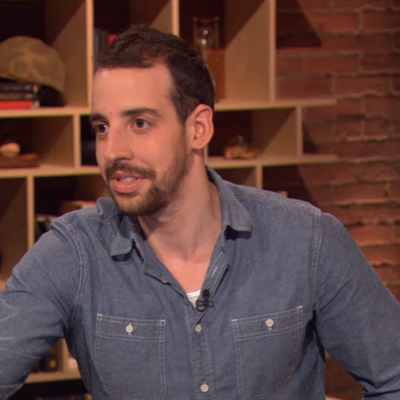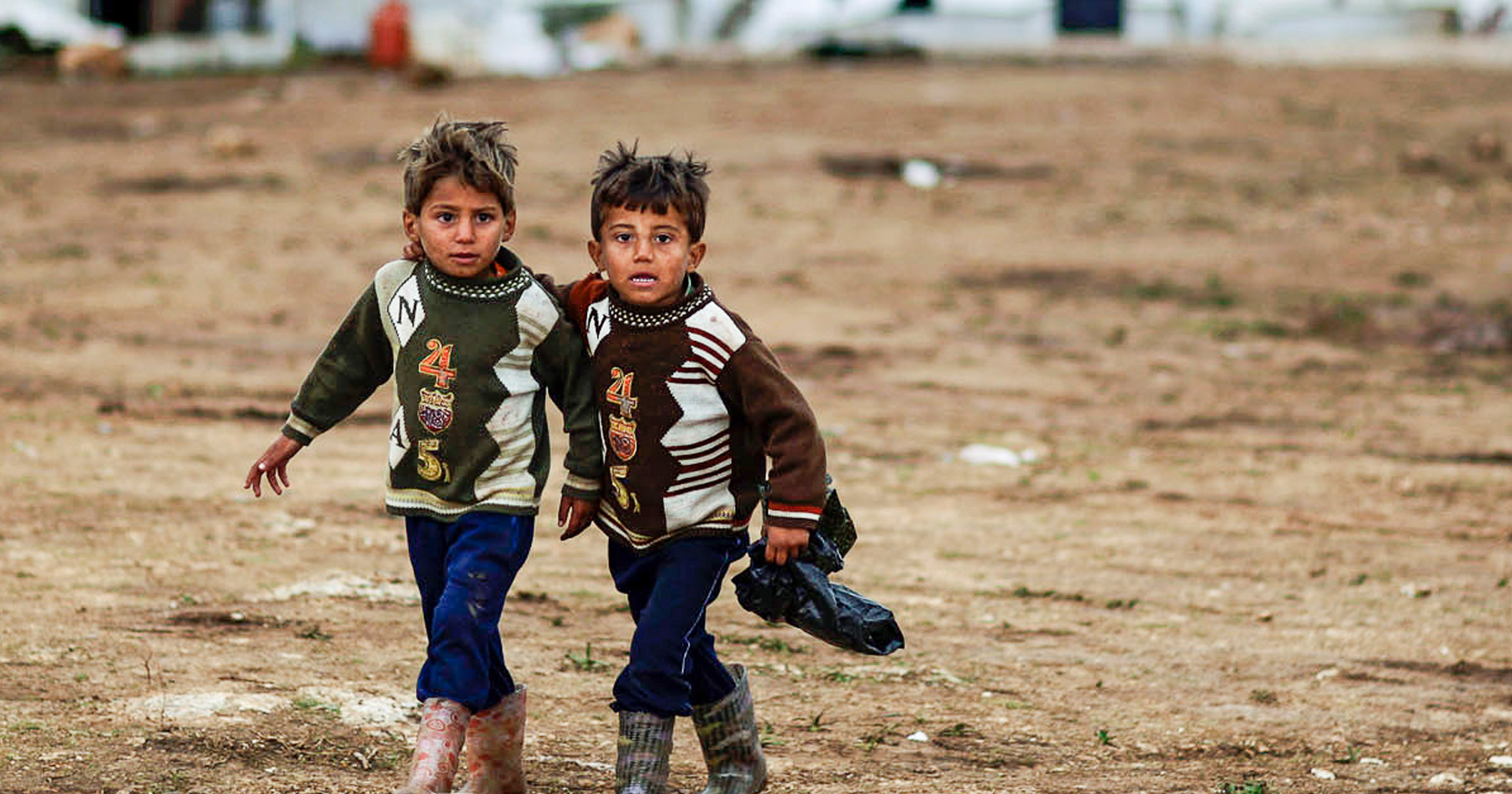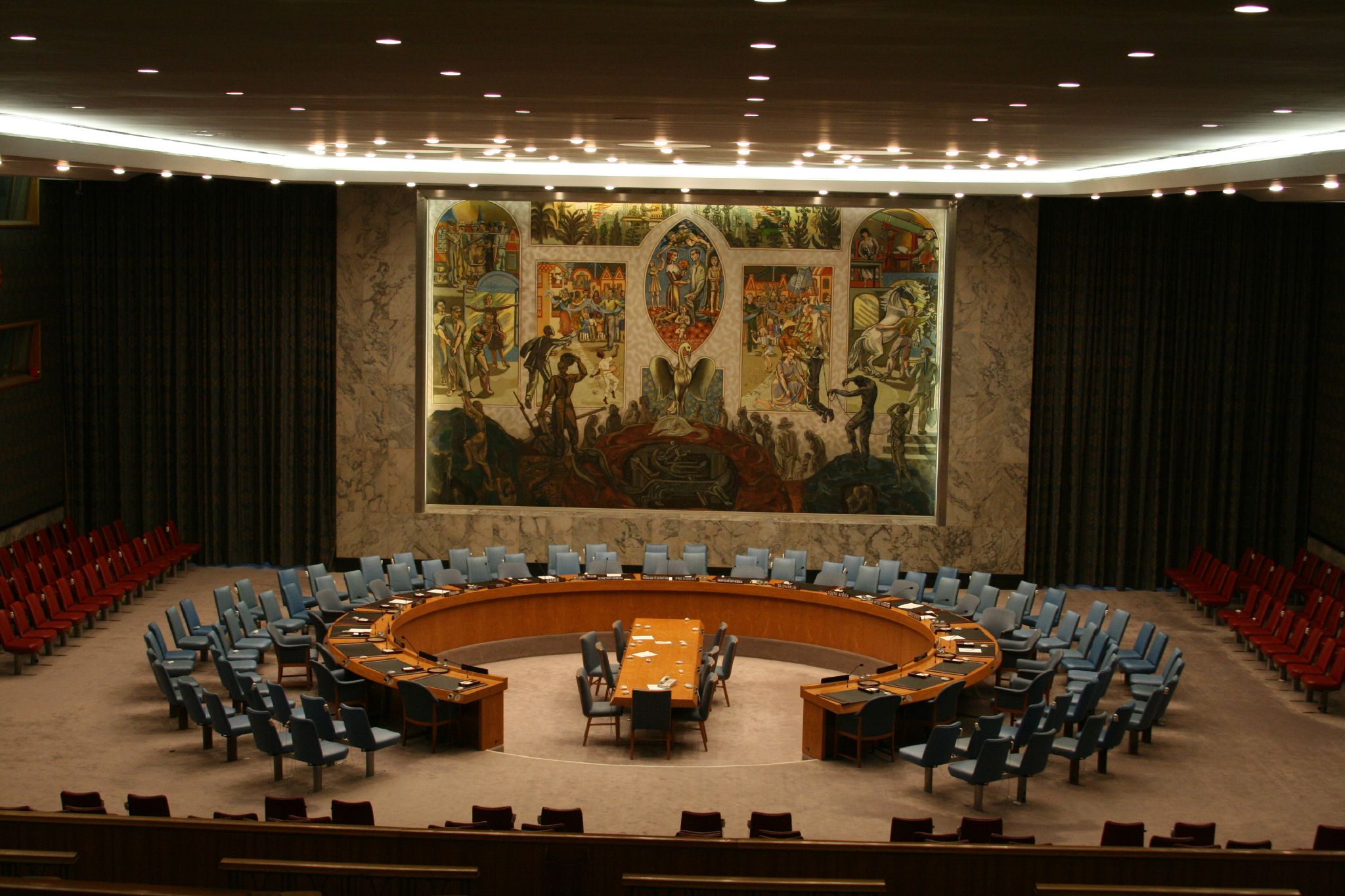Why Is It So Difficult to Prosecute War Criminals?

By:
Experts say the evidence of human rights violations by every side of the Syrian war is clear.
.jpg?auto=format&crop=faces&fit=crop&q=60&w=736&ixlib=js-1.1.0) AP/Manu Brabo - apimages.com
AP/Manu Brabo - apimages.com
The most recent report from the United Nations Independent International Commission of Inquiry on the Syrian Arab Republic is a list of horrors.
The report, which covers July 2016 through February 2017, states the government of Bashar al-Assad "continues to attack civilian objects including hospitals, schools and water stations."
Further, jihadist groups who are fighting the government, including former Al Qaeda affiliate Jabhat Fateh al-Sham, "persist in carrying out summary executions, including of women, and recruiting children."
The atrocities do not end there. Life in territories claimed by the Islamic State "continues to be marked by executions and severe corporal punishments of civilians accused of violating the group’s ideology." The report also lists concerns about proxy fighting and the role played by the United States and Russia in escalating the conflict through their deployment of air-strikes and ground troops.
If the evidence is so clear, why haven't any major players been prosecuted for war crimes?
 Flickr/Freedom House - flic.kr
Flickr/Freedom House - flic.kr
"Everybody with a functioning brain knows there's enough evidence about crimes against humanity in Syria," Mark Kersten, a research fellow at the Munk School of Global Affairs at the University of Toronto, told ATTN:. "It’s not an evidence problem, it’s institutional problem."
In this instance, the "institutional problems" lie with the United Nations Security Council (UNSC) and the International Criminal Court (ICC): the former refers conflicts for investigation, and the latter provides the venue for prosecution.
With the Syria conflict, there's little hope that security council members Russia and China—which have typically sided with the Assad government in UNSC matters—would ever support a war crimes investigation by the ICC. In February U.S. Envoy Nikki Haley blasted Russia and China for their refusal to support a measure to punish the Assad government for its alleged use of chemical weapons. “They put their friends in the Assad regime ahead of our global security," Haley said.
"Russia and China have vetoed every attempt to refer the situation to the ICC," Kersten explained.
Given the political elements at play, the ICC is generally seen as a deeply flawed and even biased institution. As Elizabeth Peet wrote for the Wilson Quarterly in 2015, all 36 individuals indicted by the ICC have been African leaders, a situation that "implies unfair selectivity at best, and smacks of neocolonialism at worst."
Does this mean there's no hope that victims of war crimes will ever receive the justice they deserve? Not necessarily.
 Flickr - flickr.com
Flickr - flickr.com
While the obstacles are immense, Kersten said an unprecedented amount of evidence stands at the ready should a trial ever be held.
In addition to the dozens of reports released by the United Nations Independent International Commission of Inquiry, Kersten said groups like Amnesty International and Human Rights Watch have all been closely monitoring the situation.
New groups have emerged to document war crimes as well. As The New Yorker's Ben Taub wrote in April 2016, the Commission for International Justice and Accountability (CIJA) has worked with individuals still inside Syria to smuggle out reams of documentation pinning acts of torture to the Assad government.
Stephen Rapp, a CIJA advisor who once served as prosecutor in the war crimes tribunals for Rwanda and Sierra Leone, told Taub that the evidence amassed about war crimes in Syria "is much richer than anything I’ve seen, and anything I’ve prosecuted in this area.”
And, in a hopeful turn, the United Nations' newly established "International, Impartial and Independent Mechanism to Assist in the Investigation and Prosecution of Those Responsible for the Most Serious Crimes under International Law Committed in [Syria] since March 2011" has recently begun to gather funding necessary to operate. According to the United Nations, the group will operate with the express purpose of gathering evidence should trials ever be called in "national, regional or international courts."
"The silver lining is that there’s so many people building what are hopefully case-ready files," Kersten said. "If and when that break comes, they won't have to go back and get all that evidence again."
